Collections
-
-
Focus |
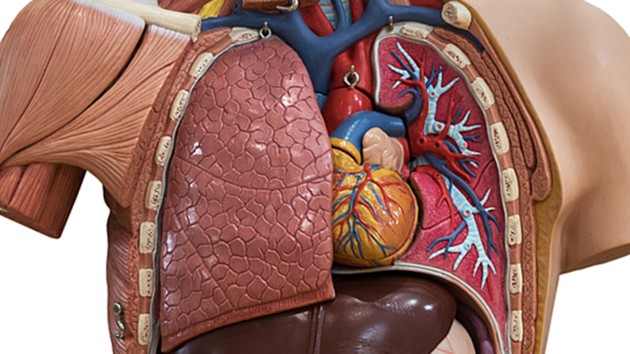 Translational and clinical research
Translational and clinical research
This page highlights the most compelling studies recently published in Nature Communications with a significant translational potential and immediate impact in the medical field. In particular, we primarily cover studies concerning metabolism, cardiovascular research, organ and tissue biology, and ageing.
Image: Getty Images/bingdian -
Collection |
 Sensing at the limit
Sensing at the limit
In this collection we highlight the latest progress in our ability to sense and image the world around us.
-
Special |
 The ocean in humanity’s future
The ocean in humanity’s future
The oceans have trapped one-third of the carbon dioxide emitted by human activities since the 1980s. They are home to 50-80% of life on Earth, feed over three billion people and support the livelihoods of hundreds of millions of people.
Image: Chaideer Mahyuddin/AFP/Getty -
Collection |
 Nature Communications 10th Anniversary Collection
Nature Communications 10th Anniversary Collection
Published commentary articles from the Nature Communications editorial team, in honor of the journal's 10th anniversary.
Image: M.S. Pham / doi:10.1038/s41467-020-14453-3 -
Collection |
 Subduction
Subduction
Subduction is the primary driver of plate tectonics and has provided a critical exchange of life-supporting elements between the biosphere and geosphere over Earth’s history.
Image: Natural History Museum, London/Alamy -
Collection |
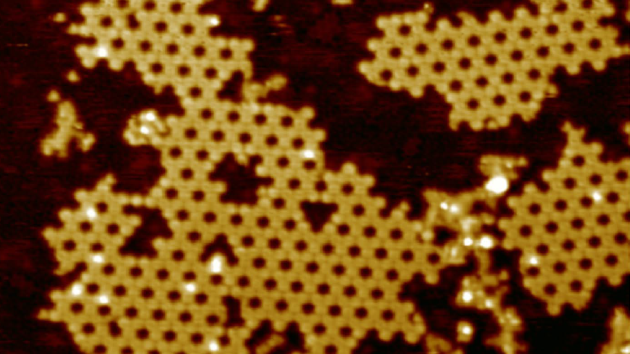 Celebrating 15 Years of Covalent Organic Frameworks
Celebrating 15 Years of Covalent Organic Frameworks
This collection celebrates 15 years of research on covalent organic frameworks and highlights some of the contributions that were published in journals of the Nature Research portfolio. We hope you enjoy exploring these snippets on the synthesis and structure of COFs, their physical properties, and their application in fields encompassing energy, catalysis, storage and separation.
Image: 10.1038/s42004-020-0278-1 -
Collection |
 Harnessing the power of computational science
Harnessing the power of computational science
The use and development of sophisticated computing capabilities to analyse and solve real-world, challenging problems has undoubtedly revolutionized the way researchers do science.
-
Collection |
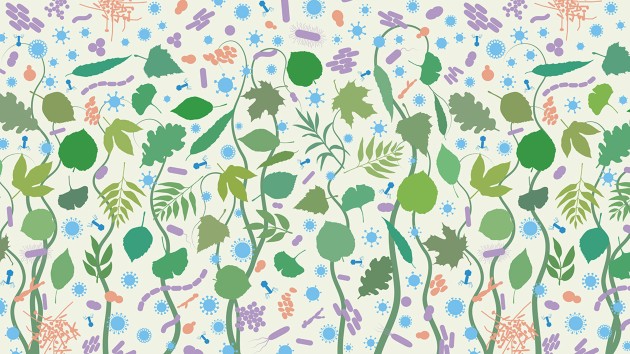 The plant microbiome
The plant microbiome
The UN General Assembly proclaimed that 2020 is the International Year of Plant Health to recognize and protect plant health, and to raise awareness of the crucial role of plant health in ecosystem health, food security and human health. Plants host diverse microbial communities that are associated with plant roots, the phyllosphere, rhizosphere and the endosphere, and comprise bacteria, fungi, protists, nematodes and viruses. Numerous studies from different fields of research have expanded our knowledge of the complex interactions between the plant, the associated microbial communities as well as the environment, and provided insights into the ecology and functions of this co-association, including the appreciation that the plant microbiota is important for plant growth, fitness, stress resilience and health. Such an increased understanding opens up the possibility to harness plant-associated communities for sustainable plant production and agricultural practises and to protect plants from the effects of climate change and human activities that lead to a decrease in biodiversity and the spread of plant diseases. This Collection contains Reviews and Research articles from across the Nature group of journals that cover the latest advances in plant microbiome research, addressing critical knowledge gaps that need to be addressed, such as a better understanding of the assembly of the plant-associated microbial communities, their dynamics, metabolic interactions or functional properties.
Image: Philip Patenall/Springer Nature Limited -
Collection |
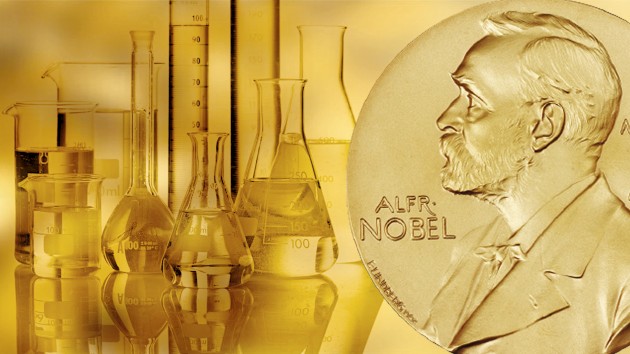 Nobel Prize in Chemistry 2020
Nobel Prize in Chemistry 2020
The 2020 Nobel Prize in Chemistry has been awarded to Emmanuelle Charpentier and Jennifer Doudna for their pioneering work in gene-editing.
Image: Springer Nature/The Nobel Foundation/Imagesource -
Collection |
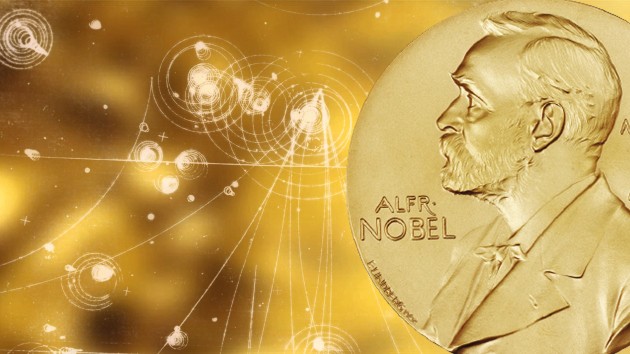 Nobel Prize in Physics 2020
Nobel Prize in Physics 2020
We present this Collection of research, review and comment from Nature Research to celebrate the award of the 2020 Nobel Prize in Physics to Roger Penrose “for the discovery that black hole formation is a robust prediction of the general theory of relativity” and to Reinhard Genzel and Andrea Ghez “for the discovery of a supermassive compact object at the centre of our Galaxy”.
Image: Springer Nature/The Nobel Foundation/Imagesource -
Collection |
 Nobel Prize in Physiology or Medicine 2020
Nobel Prize in Physiology or Medicine 2020
This collection of research, review and comment from Nature Research celebrates the 2020 Nobel Prize in Physiology or Medicine awarded to Harvey J. Alter, Michael Houghton and Charles M. Rice "for the discovery of hepatitis C virus".
Image: Springer Nature/The Nobel Foundation/Imagesource

 Structural biology, biochemistry and biophysics
Structural biology, biochemistry and biophysics